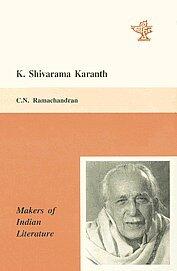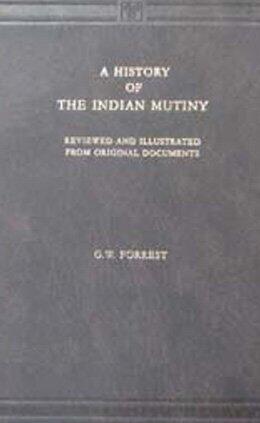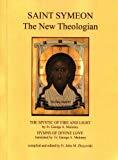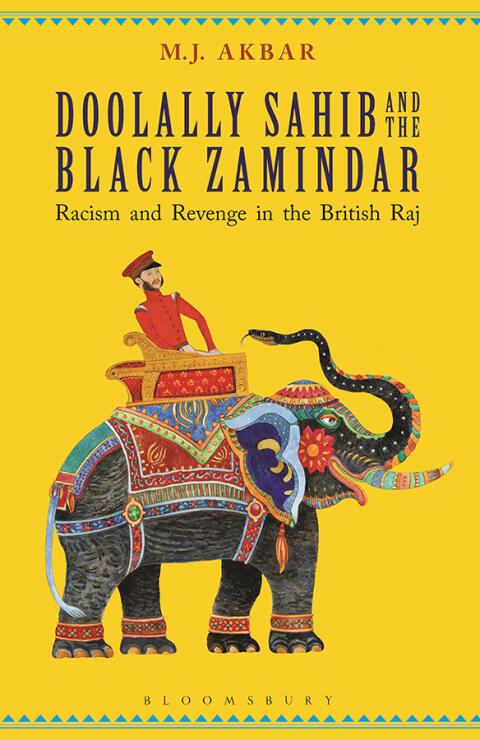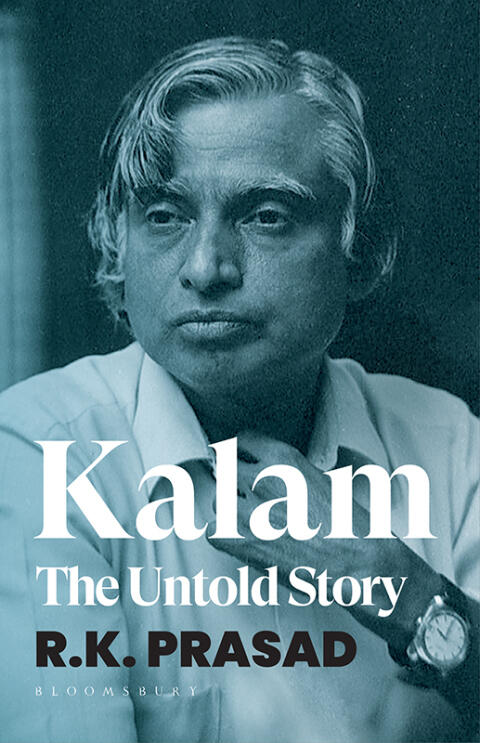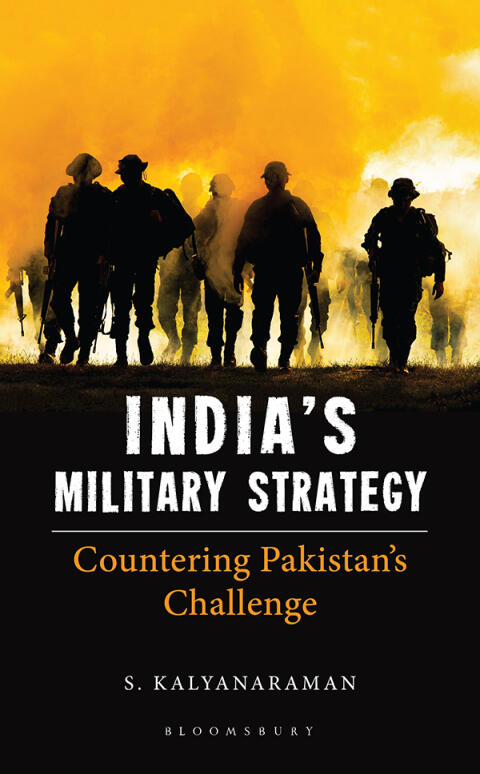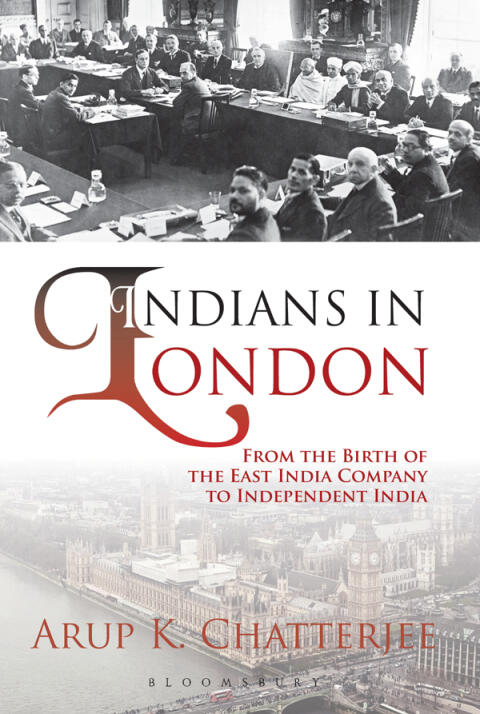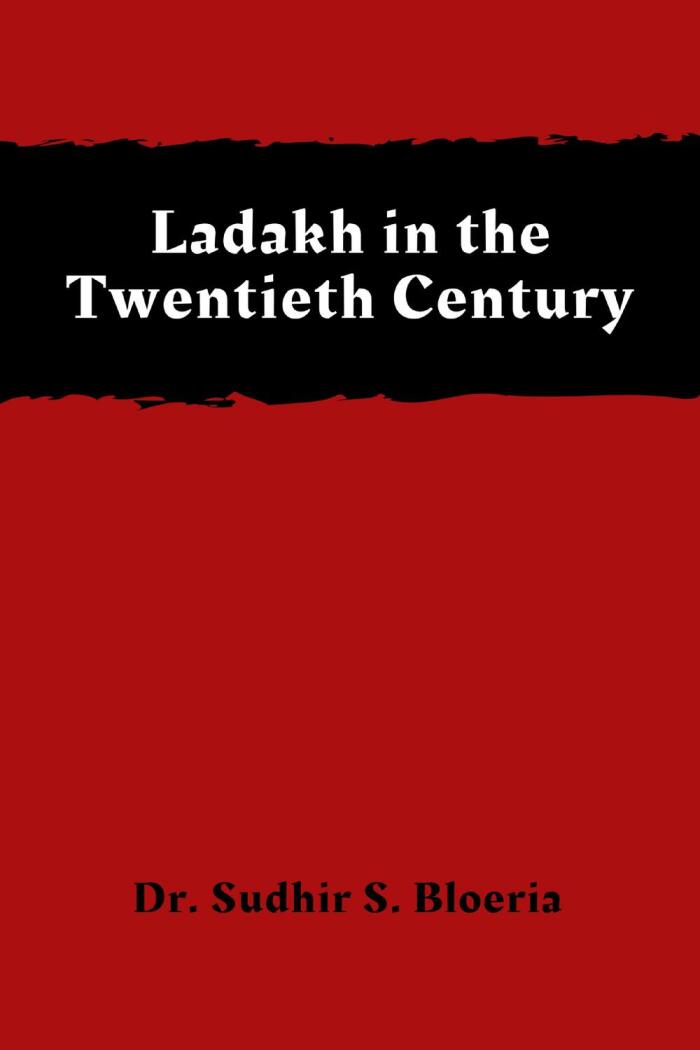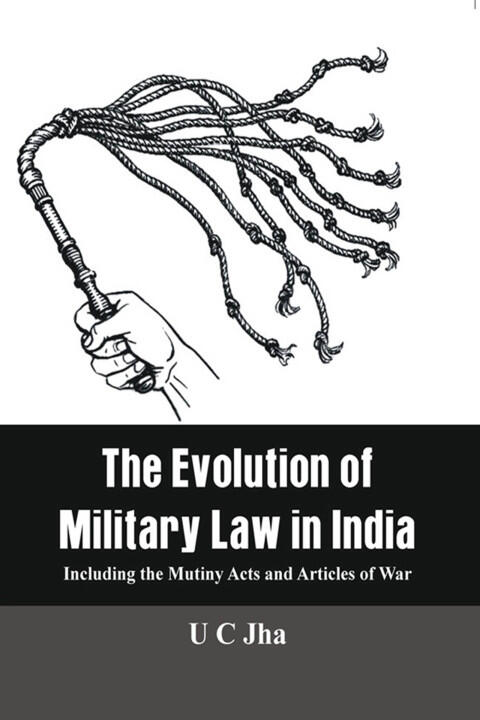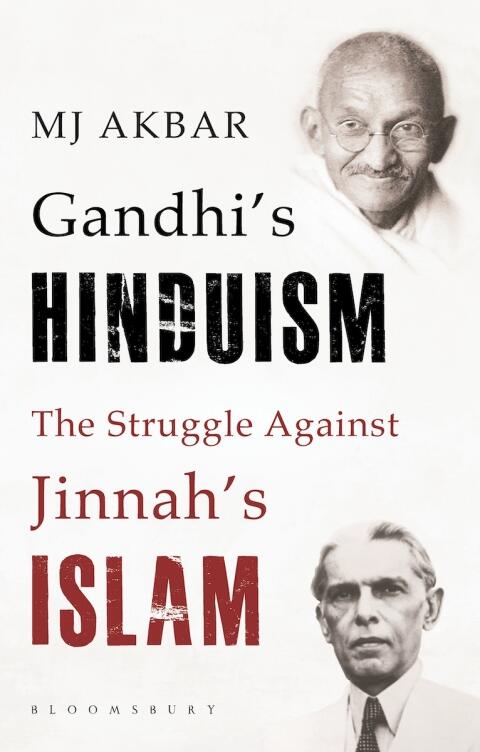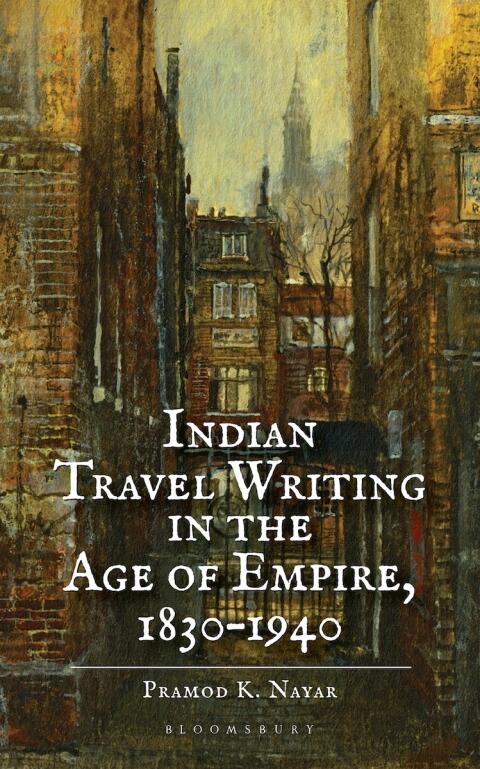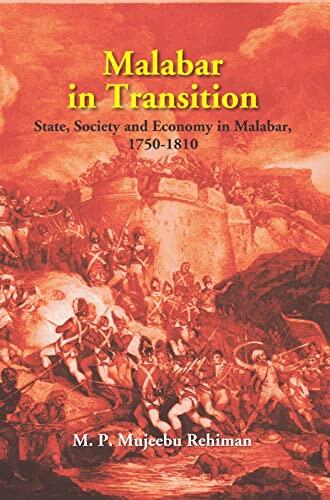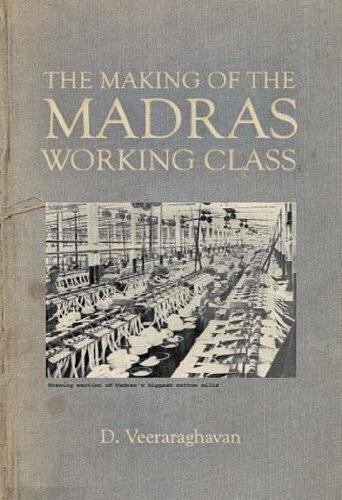
Left Word Publishers The Making Of The Madras Working Class
によって
D. Veeraraghavan
まだ評価がありません
History
形式
ハードカバー
ページ数
358
言語
英語
公開されました
Jan 1, 2023
出版社
Left Word Publishers
ISBN-10
9380118163
ISBN-13
9789380118161
説明
D. Veeraraghavan delves into the intricate tapestry of the Madras working class, capturing its formation and evolution through a lens rich with historical detail and social context. The narrative paints a vivid picture of the lives, struggles, and aspirations of workers against the backdrop of a rapidly industrializing city. The author meticulously explores how socio-economic changes shaped not only the labor landscape but also the culture and identity of those who contributed to it.
Through a blend of qualitative and quantitative research, the book uncovers the often-overlooked stories of individuals who stood at the forefront of labor movements and industrial changes. Veeraraghavan highlights their resilience in the face of adversity, showcasing acts of solidarity and the quest for rights that defined their experiences. His work serves both as a historical account and a reflection on the ongoing issues that still resonate within contemporary labor discourse.
The narrative is interspersed with personal anecdotes and testimonies, providing a human touch to the statistical data. By doing so, it allows readers to connect deeply with the narratives of workers, their families, and their communities, illustrating how their struggles went beyond mere economic conditions to touch upon broader themes of dignity and justice.
In a world where labor narratives are often marginalized, this comprehensive examination shines a light on the important role of the Madras working class in shaping the socio-political landscape. It invites readers to reconsider the traditional perceptions of working-class history, revealing the profound impact these individuals had on the city and its development.
Through a blend of qualitative and quantitative research, the book uncovers the often-overlooked stories of individuals who stood at the forefront of labor movements and industrial changes. Veeraraghavan highlights their resilience in the face of adversity, showcasing acts of solidarity and the quest for rights that defined their experiences. His work serves both as a historical account and a reflection on the ongoing issues that still resonate within contemporary labor discourse.
The narrative is interspersed with personal anecdotes and testimonies, providing a human touch to the statistical data. By doing so, it allows readers to connect deeply with the narratives of workers, their families, and their communities, illustrating how their struggles went beyond mere economic conditions to touch upon broader themes of dignity and justice.
In a world where labor narratives are often marginalized, this comprehensive examination shines a light on the important role of the Madras working class in shaping the socio-political landscape. It invites readers to reconsider the traditional perceptions of working-class history, revealing the profound impact these individuals had on the city and its development.




